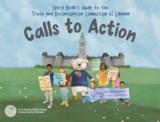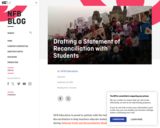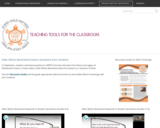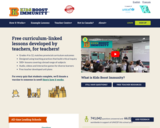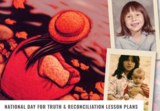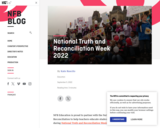Free Science, Socials Studies and Health lessons developed by teachers to inspire digital-age students in support of UNICEF Canada!
All our content is free for teachers!
KBI provides a unique and tailored interactive classroom experience that is carefully curated to follow the school curriculum. In particular, our focus is on meeting the learning standards of the grade 5-12 curriculum in science and social studies that relate to:
The immune system, Disease transmission, Immunization, Pandemics, epidemics, and outbreaks; Global inequality issues in health; The role of NGOs; Antibiotic resistance; Evaluating sources …And many other topics!
Click on "How it Works" on the top menu to see the learning modules (and lessons/units available). Critical thinking, diseases, health equity, level of government, global community, immune system, diversity of living things and more.
Select the "Teacher Centre" to find a wealth of lesson plans for all subject areas. E.g., Women's day, colonization, misinformation, critical thinking, evolution etc.
We provide dozens of classroom activities and teacher resources, each of which are paired with an online quiz that students can take on their laptop, tablet, or phone. This two-pronged lesson approach enables teachers to tailor a classroom experience that is supplemented by a fun and interactive experience for the student. Our online quizzes have been developed by health and education professionals, as well as communication experts who have studied the online behaviour of students – as such, they are accurate, informative, but also engaging for the student.


